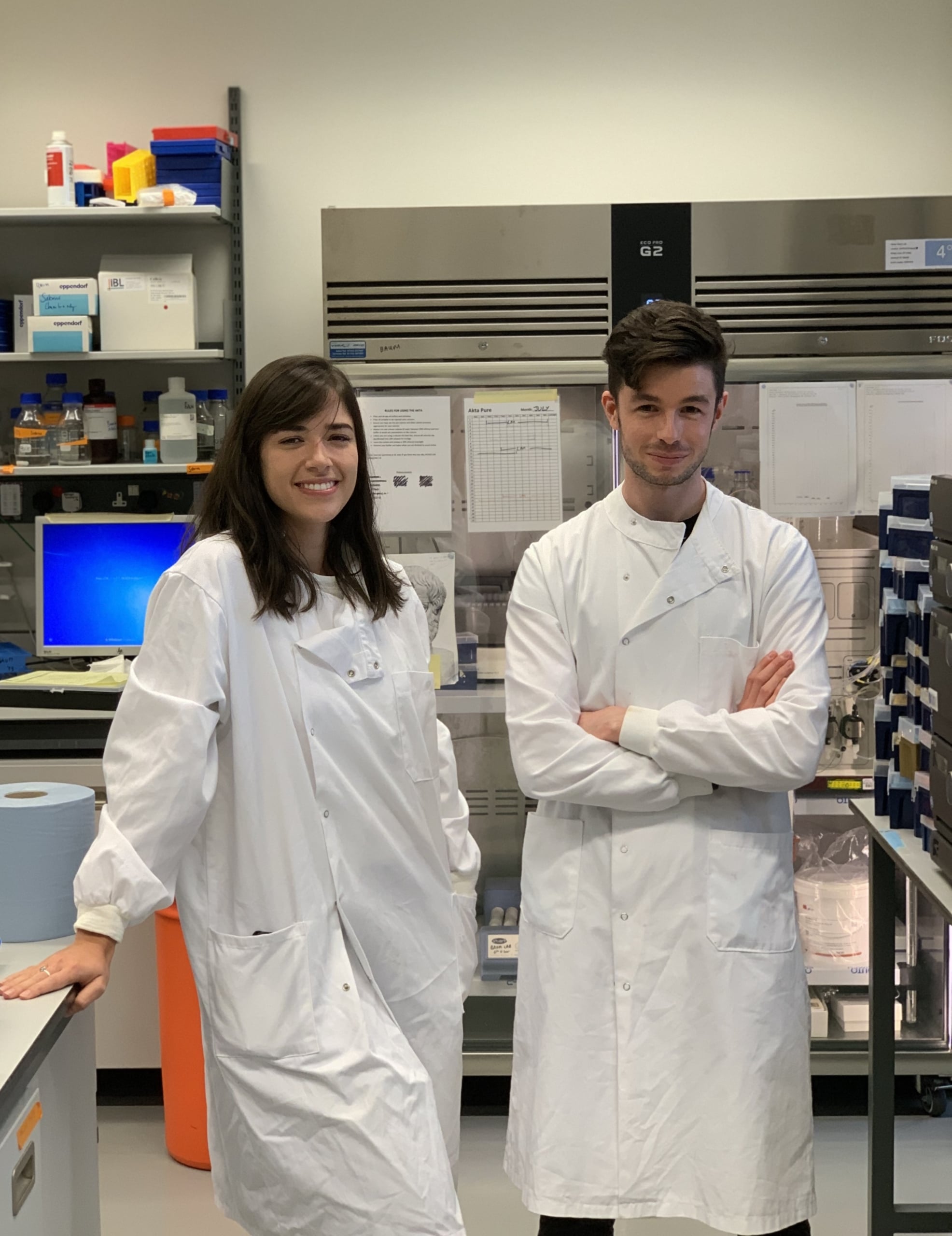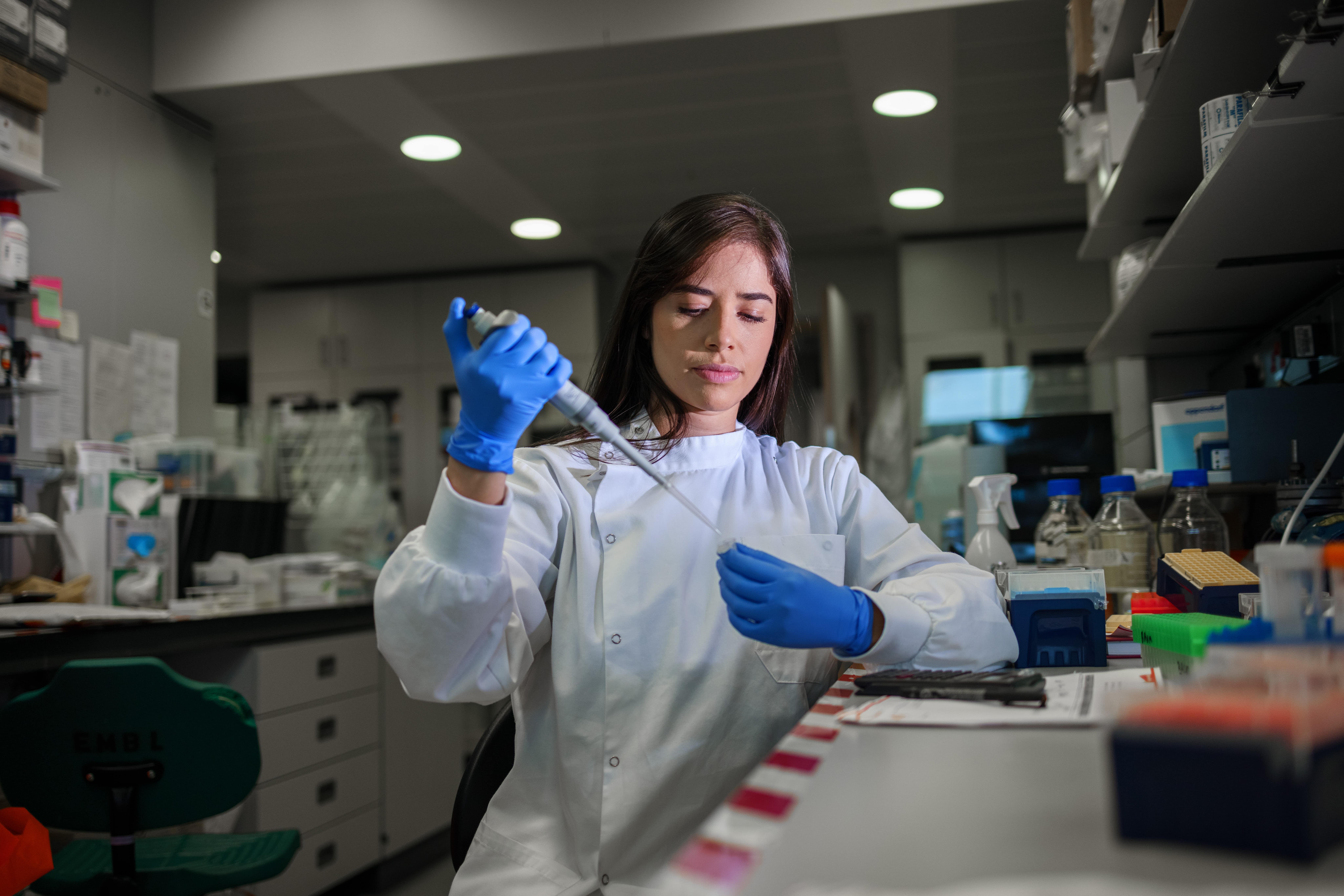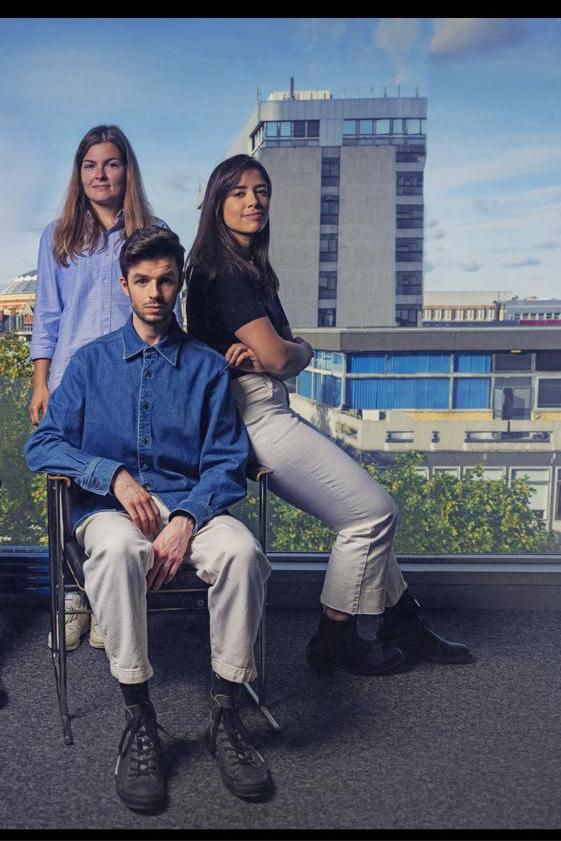Machine learning in vaccine design
By Jamie Macfarlane | November 11, 2022
Creator Fund has invested in an Oxford PhD team who have developed a software platform for antigen development. We led the £685k round, which included Maki, Rockmount Seed, and a president of Moderna’s infectious disease unit.

The Baseimmune founders have spent their entire lives obsessing about vaccines. Only recently has the rest of the world caught up with them.
Josh and Ari met at the Jenner Institute in Oxford where they were both studying for their PhDs in vaccinations. During late nights in the lab, they realised there was a massive opportunity to put machine learning at the heart of vaccine development, specifically when it came to antigens.
A vaccine has two components.
An adjuvant and an antigen.
The antigen mimics the virus, and the adjuvant is the delivery vehicle and boosts your immune system against the virus it has just received.
Vaccines are a moving dart board, you need to know where to aim the dart.
Josh Blight, CEO
Or as Josh says in Formula One terms: the antigen is the driver and the adjuvant is the car.
The problem is that nobody has been trying to make the driver better. All the investment has focused on the car.
And bad driving helps explain why many vaccines are unable to respond to future mutations of the virus. They are good at inducing antibodies initially, but as the virus changes, the antibodies no longer recognise the new variants. Baseimmune are changing this.

Antigens take certain parts of the virus, which the make your body develop the right antibodies. The key question is: what parts of the virus should the antigen take? Josh realised the need to build a machine learning platform that could answer this question. And because viruses mutate — a platform that would predict how a virus will change, and create an antigen that is variant-proof.
Josh asked his childhood friend and self-taught computer scientist Phil, to join the founding team, and together they developed Baseimmune.
Being at the centre of the Oxford ecosystem they have already licensed their antigens to Vaccitech to develop an HPV vaccine. The vaccine is already in pre-clinical trials. Vaccitech, helped AstraZeneca develop the Covid vaccine, and recently announced their $168mm Series B helped AstraZeneca.

Why We Did the Deal
Right Team
Designing vaccines is a complex process that requires in-depth expertise. Behind Baseimmune is an incredible trio of founders, consisting of Ari and Josh, with post docs and PhDs in vaccine development, and Philip, a self-taught software engineer.
They have a strong track record developing vaccines. The team have developed 15 vaccines between them, two of which are in Phase 1 clinical trials. Josh is responsible for the world’s first therapeutic HPV vaccine, helping prevent the development of HPV-related cancer.
Right Place
The team have worked closely with the key individuals and institutions within the Oxford ecosystem that were behind the Oxford Astra Zeneca Covid vaccine. Their experience at the Jenner allowed them to understand the opportunity of data-driven vaccine development, and develop a better approach. They also are surrounded by advisers from Moderna and Vaccitech.
Right Time
Covid has meant more investment and attention driving vaccine innovation than at any time before.
However, almost all of the effort and investment in the vaccine space has been focused on improving the way in which vaccines deliver the antigen. You need look no further than at Moderna and BioNTech, who both used a novel delivery method in their highly protective COVID-19 vaccines, to showcase the success in this space.
This prioritisation in vaccine delivery has resulted in little innovation when it comes to antigen design. Traditional antigen design is simple, making it relatively easy for pathogens to mutate in a way in which antigens no longer represent the viruses that are circulating. Baseimmune understand that viruses are moving dart boards: you need to know how the board is going to move to be able to keep hitting the bullseye. And data-driven antigens allows vaccines to do that.
